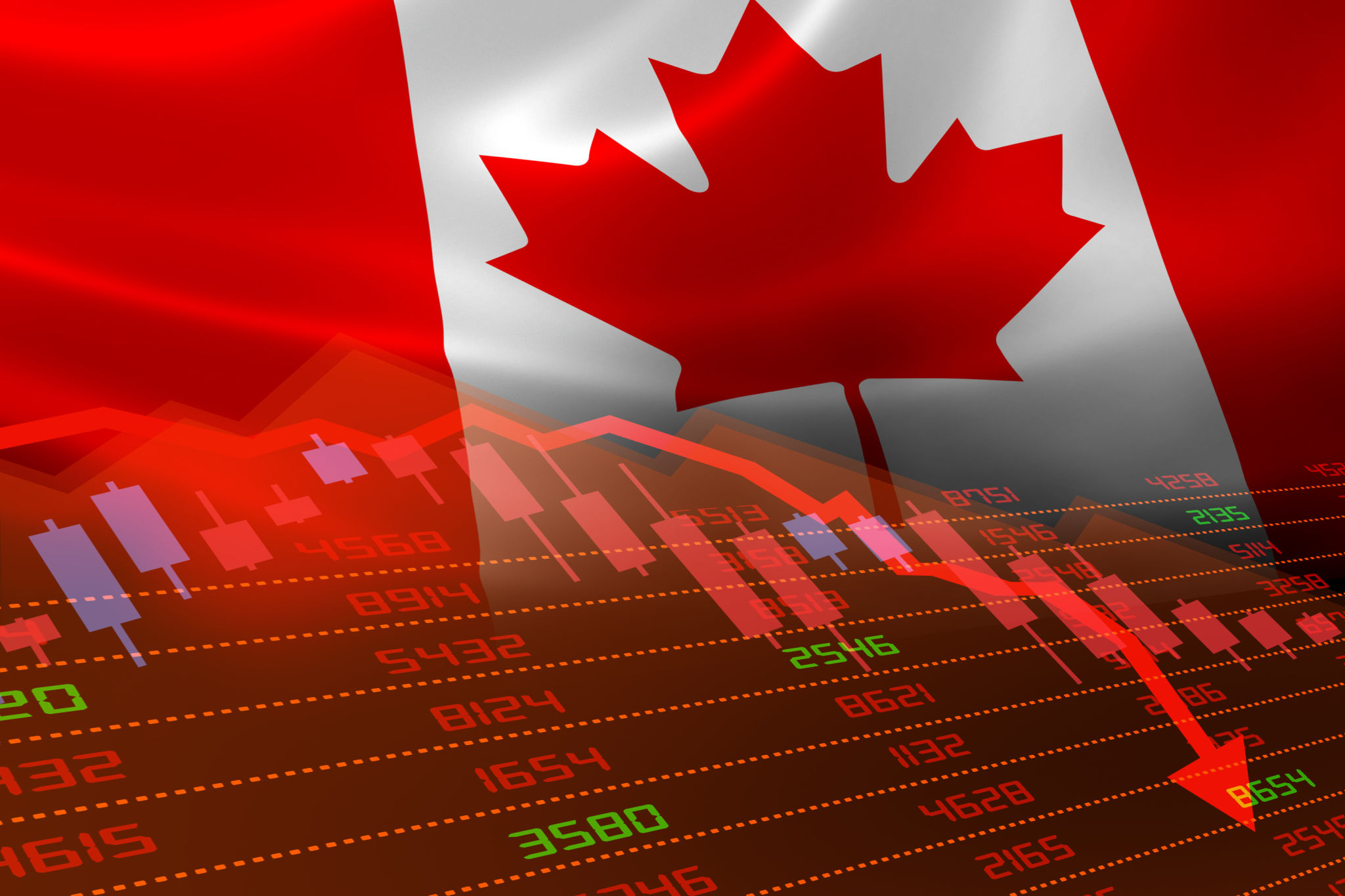Preparing Your Investment Portfolio for Economic Downturns
Understanding Economic Downturns
Economic downturns are inevitable phases in the financial cycle, characterized by a decline in economic activity. While they can be challenging, preparing your investment portfolio can help mitigate potential losses. Understanding the causes and effects of downturns is the first step in safeguarding your investments.

Building a Diversified Portfolio
Diversification is a key strategy in protecting your portfolio against market volatility. By spreading investments across various asset classes—such as stocks, bonds, real estate, and commodities—you can reduce risk. A well-diversified portfolio is less likely to suffer significant losses even if one sector performs poorly.
Consider allocating a portion of your investments to international markets. This can provide exposure to different economic cycles and reduce reliance on any single economy. Additionally, investing in various sectors within the stock market can further enhance diversification.
Including Defensive Investments
Defensive investments, such as utility stocks and consumer staples, tend to perform better during downturns. These are essential goods and services that people continue to purchase regardless of economic conditions. Including these in your portfolio can provide stability during turbulent times.

Bonds are another popular defensive investment. They are generally less volatile than stocks and can offer steady, reliable returns. Consider incorporating a mix of government and corporate bonds to balance risk and return efficiently.
Maintaining Liquidity
Liquidity is crucial during economic downturns. Having readily accessible funds allows you to take advantage of market opportunities or cover unexpected expenses without having to sell investments at a loss. Keep a portion of your portfolio in cash or cash-equivalents, such as money market funds.
Regularly review your investment portfolio to ensure that your liquidity needs are met. Adjust your allocation as necessary to maintain an appropriate balance between growth and accessibility.

Regular Portfolio Review
Consistent monitoring of your investment portfolio is vital, especially during economic downturns. Regular reviews allow you to assess performance, rebalance when necessary, and ensure alignment with your financial goals. It's advisable to conduct a thorough review at least annually or when significant economic changes occur.
If you notice underperformance or increased risk exposure, consider consulting with a financial advisor. Professional guidance can provide insights into market trends and help tailor your strategy to current economic conditions.
Staying Informed and Patient
Staying informed about economic trends and market forecasts is essential for making informed investment decisions. Subscribe to reputable financial news sources and engage with market analysis to stay ahead of potential downturns.
However, patience is equally important. Market fluctuations are normal, and reacting impulsively can lead to unnecessary losses. Stick to your long-term strategy and make adjustments based on careful analysis rather than emotional responses.

Conclusion: Preparing for the Unpredictable
While economic downturns are unpredictable, being prepared can significantly reduce their impact on your investment portfolio. By diversifying assets, including defensive investments, maintaining liquidity, and staying informed, you can navigate economic challenges more effectively.
Remember that every investor's situation is unique. Tailor your portfolio strategy to suit your individual needs and risk tolerance, ensuring that you remain resilient in the face of economic uncertainty.
